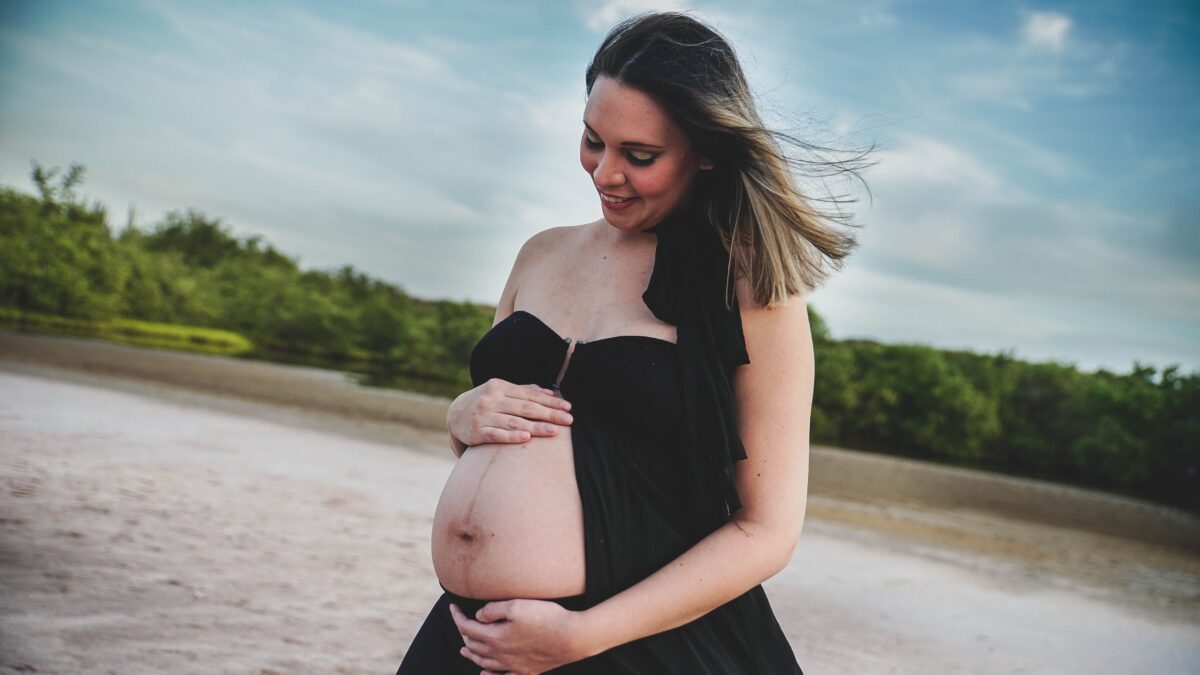It is a common concern amongst those trying to have children that a woman’s age may potentially affect their likelihood of a stress-free childbirth. However, it seems that blokes should also not ignore their ‘biological clock’, with studies demonstrating a decline in men’s’ fertility around the same age.
Men are often overlooked when it comes to discussions around fertility, after all, men can keep producing sperm well into their later life.
According to research from Roy Morgan in 2017, 14 percent of Australian fathers of children under the age of 16 are 50 or older. There have also been reports of men having children in their 90’s; Les Colley an Australian, had a child at the age of 92 years and 10 months back in 1992.
But even though it may be possible to conceive children at older ages, it does not mean that it will necessarily guarantee a healthy pregnancy, or any pregnancy at all for that matter.
In fact, research has show that male fertility begins to decline around the same age as women – between the ages of 35 and 40 – as the natural production of testosterone decreases.
This decline can lead to a decrease in overall sperm number as well as poorer semen quality. As a result of less swimmers (who are not as strong) being in the pool, the chance of one reaching the finish line is reduced.
What does this mean for pregnancies?

Therefore, as you can imagine, there is a higher incidence of complications around pregnancies if the male is slightly older.
A 2022 study found that for women between the ages of 35 and 40, there was a “significant drop” in the live birth rate if their male partner was aged 40 or over.
Having said that, the study also found that for woman under 35 or over 40, the age of their male partner did not significantly affect their chances of giving birth.
Another study by Rutgers also found that infants born to men were at higher risk of premature birth, late still birth, low birth weight, higher incidence of seizures and birth defects such as congenital heart disease and a cleft palate.
As they matured, the children were found to have increased likelihood of childhood cancers, psychiatric and cognitive disorders and autism.
The same study also found that those giving birth may also be affected if the male partner is older. Increased pregnancy complications such as gestational diabetes, preeclampsia and preterm birth were all listed as potential side-effects.
Speaking to The Guardian, Professor Geeta Nargund, one of the authors of the 2022 study, said, “Clearly it is very important that we do not ignore the paternal age when it comes to educating couples about fertility treatment outcomes.”
“A women’s age obviously plays a large role but not all the focus should be on her biological clock.”
Not all doom and gloom

This may seem like everything is all doom and gloom for older gentleman looking to conceive a child.
But all hope is not lost; there are a number of measures that can be taken to try and ensure the smoothest pregnancy possible for woman and child.
Firstly – and conventionally known as the best way to improve sperm health – is by living a healthy lifestyle. Good amounts of sleep, eating well and exercising regularly have been shown to lead to healthier sperm and thus, a potentially happier pregnancy.
Other methods such as moderate alcohol consumption and changing what underwear you wear have also been shown to affect sperm concentration.
For men in their early 30’s – where sperm generally is at its healthiest – freezing your swimmers, as some women do with their eggs, is also a possible option to best ensure the success of a future pregnancy.
There are also a number of other pregnancy alternatives such as adoption, sperm and egg adoption or surrogacy which may work for some couples just as well, if not better.
The age of fathers in Australia continues to rise; figures from the Australian Bureau of Statistics found that the media age for Aussie dads is 33.7 years in 2021. With this increase in age comes a lot of benefits for children, such as a higher likelihood of financial stability and emotional preparation of being a father.
Another study found that children with older dad’s are more likely to have a higher IQ and are able to focus more closely on their interests.
Thus, whilst we must be mindful of our biological weaknesses, this should not come at the expense of avoiding parenthood altogether for those that desire it. Both men and women should create an open dialogue around the subject, to help improve their understanding of what the best course of action is them and their potential child.The post Best Ways To Keep Your Sperm Healthy, According To Science appeared first on DMARGE.

0 Commentaires